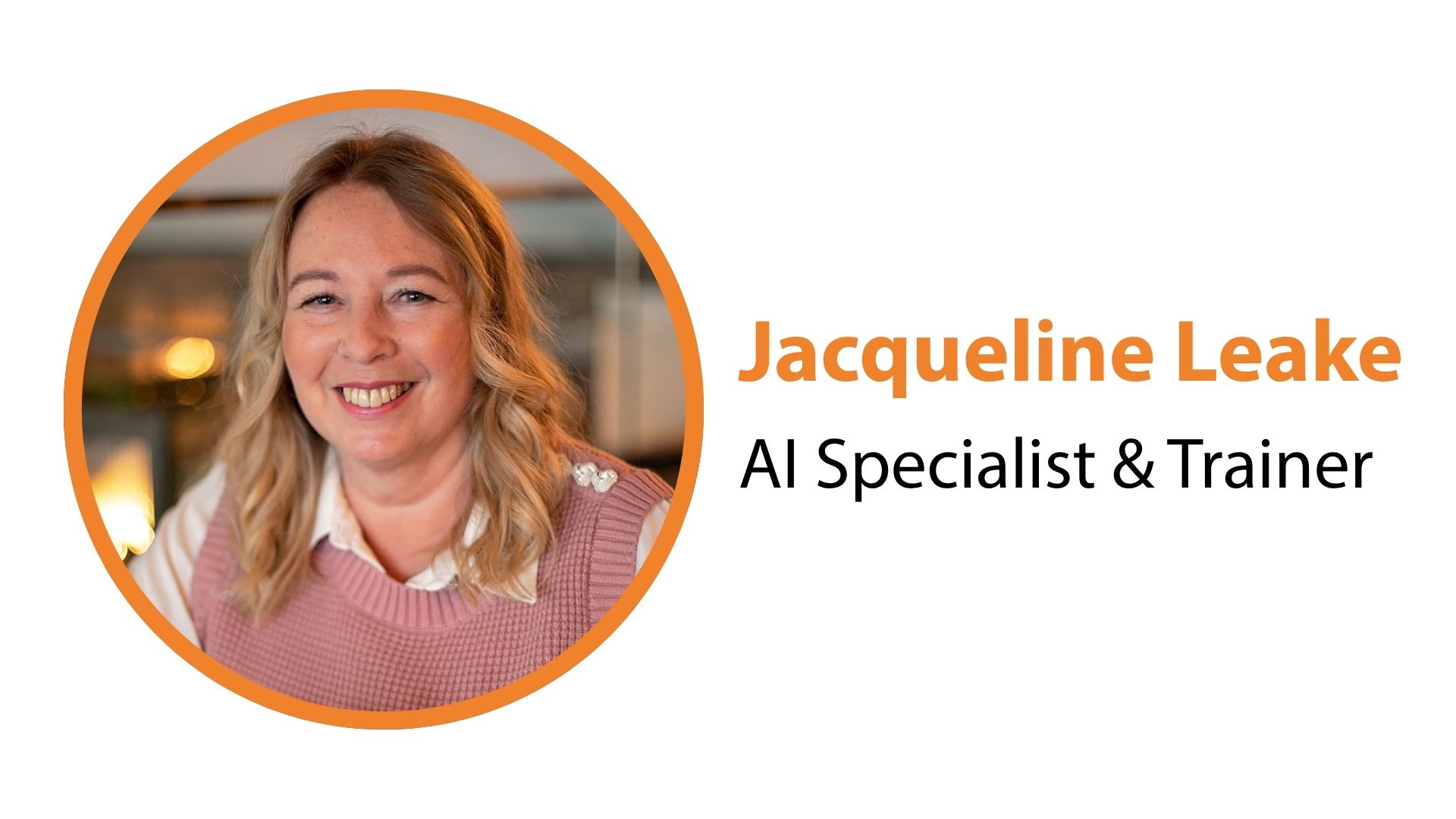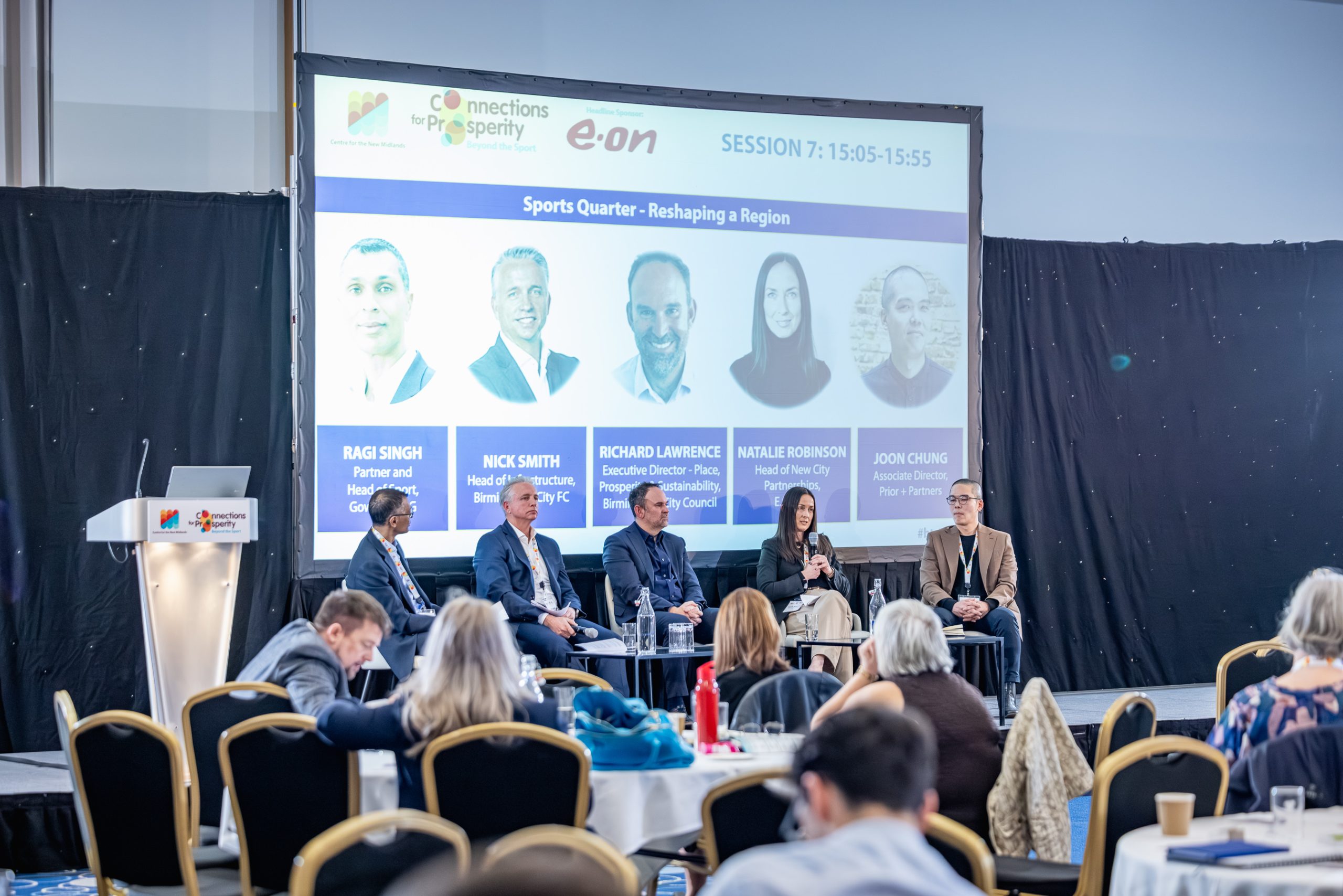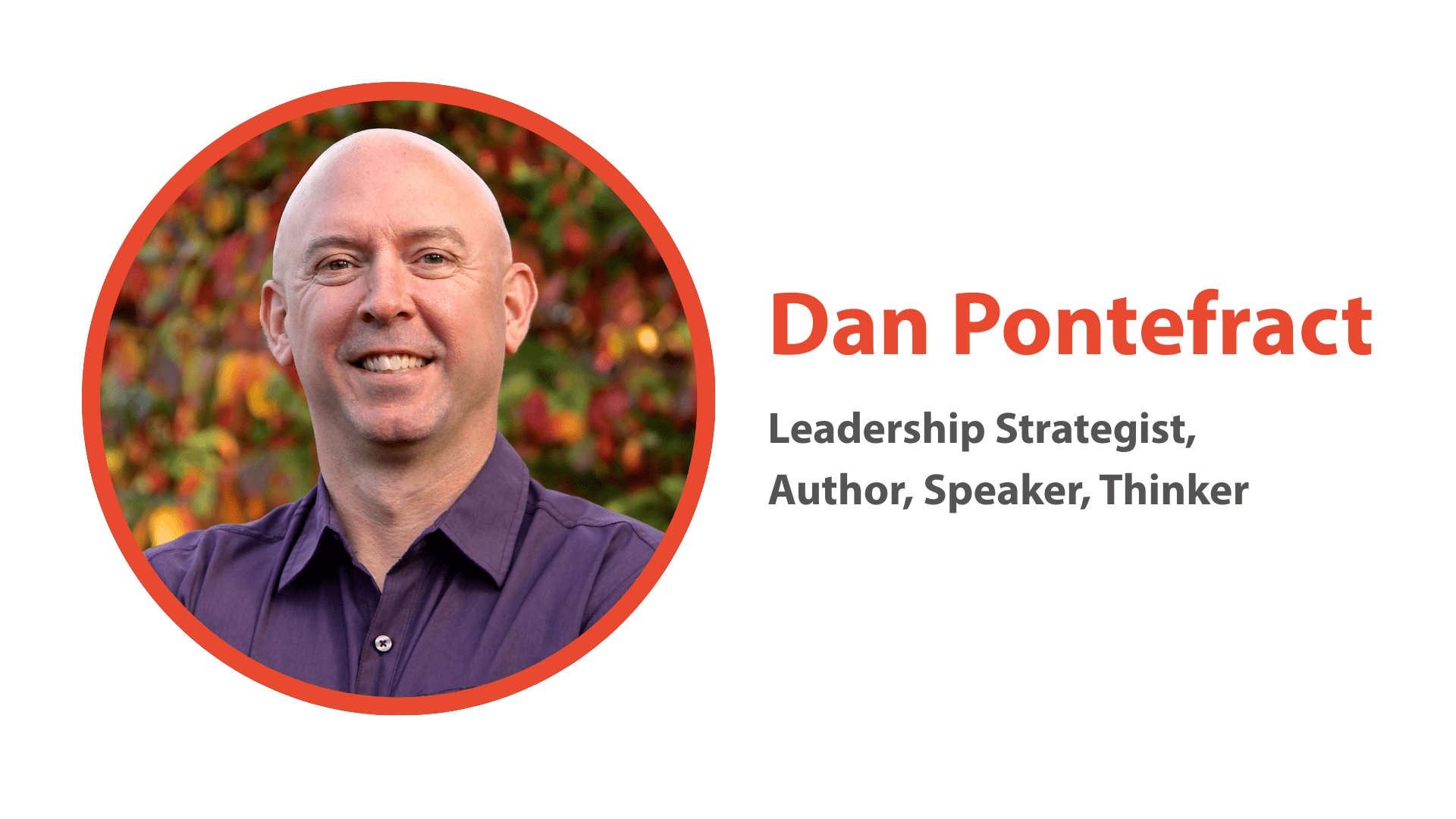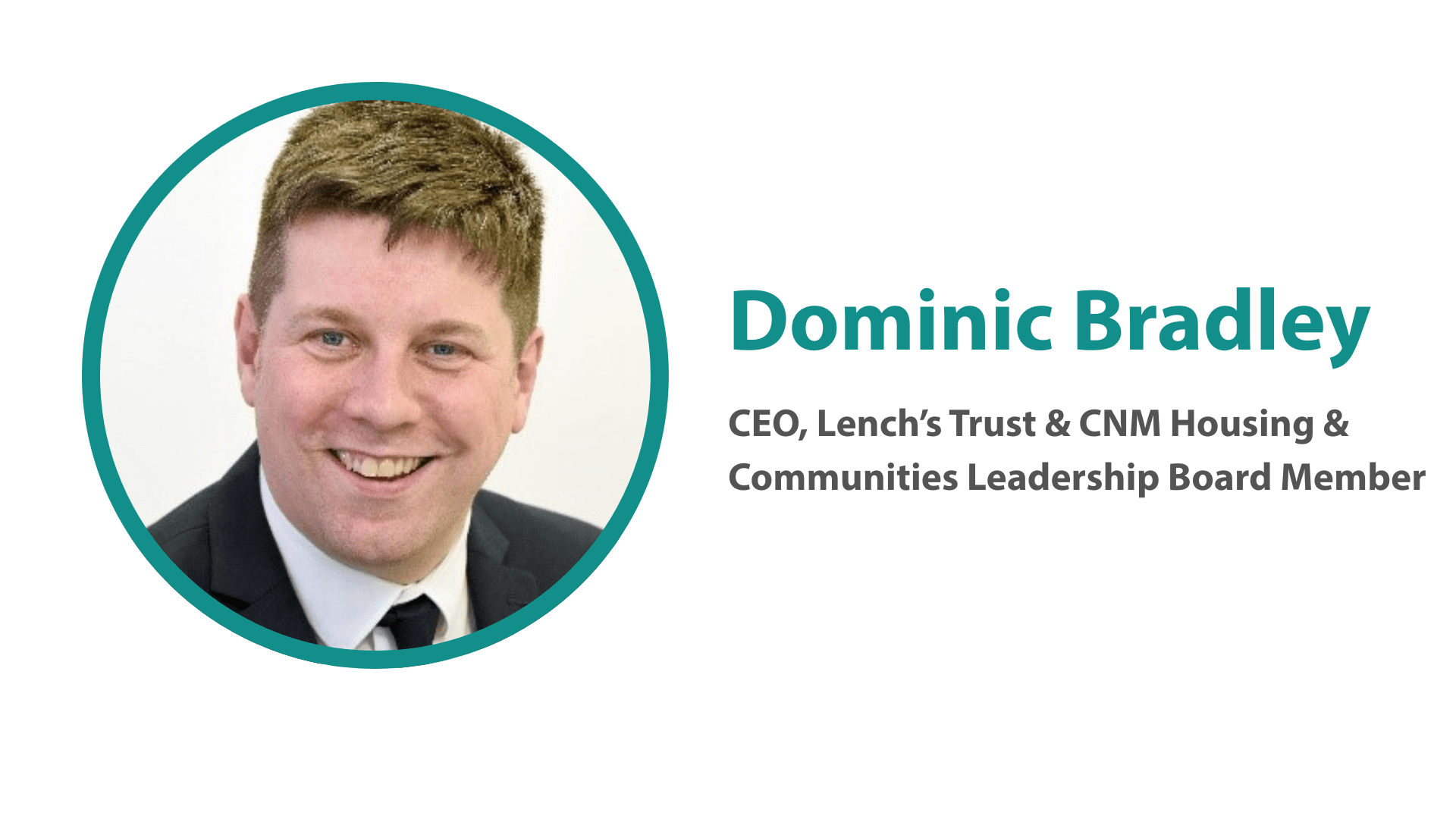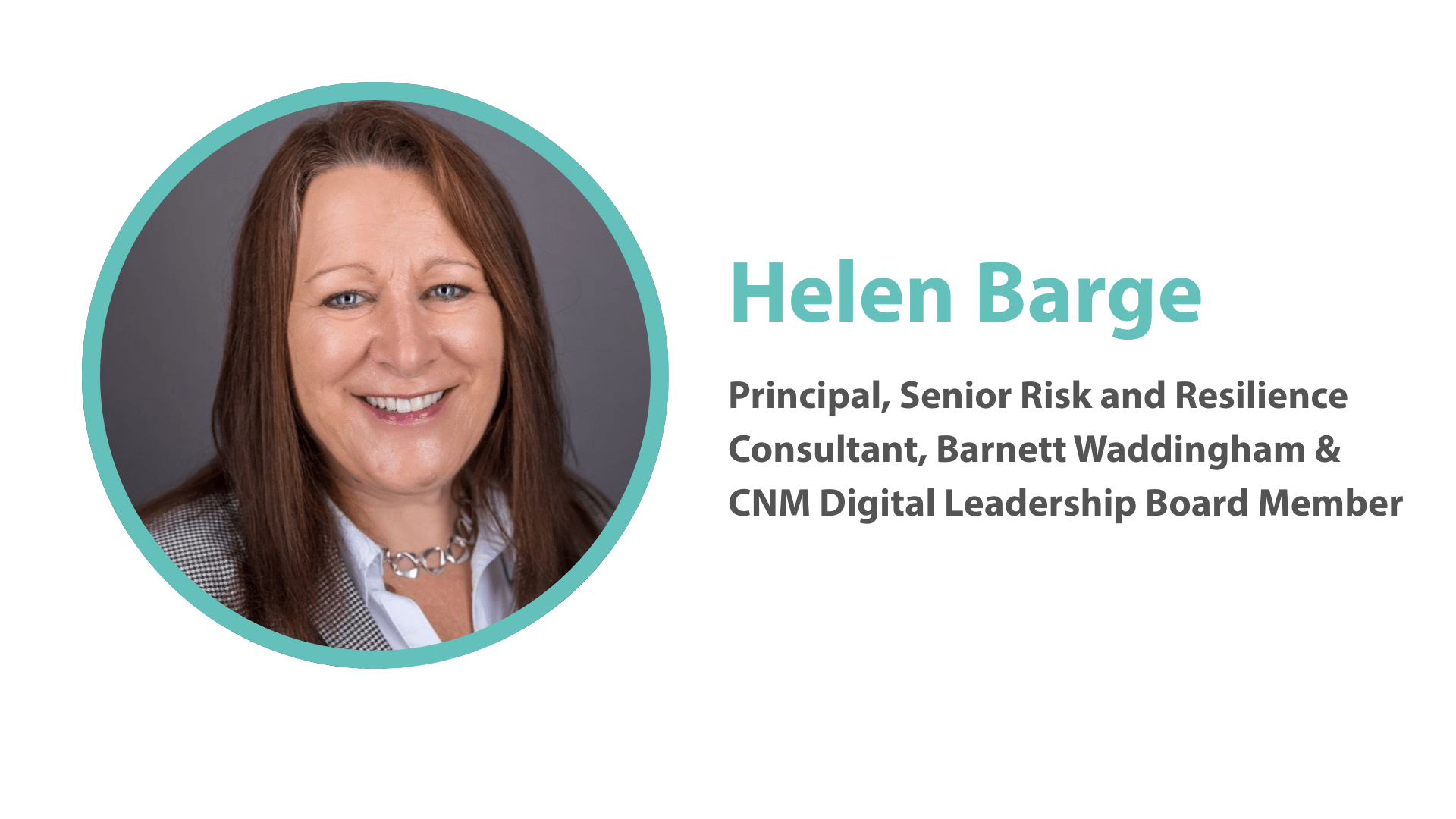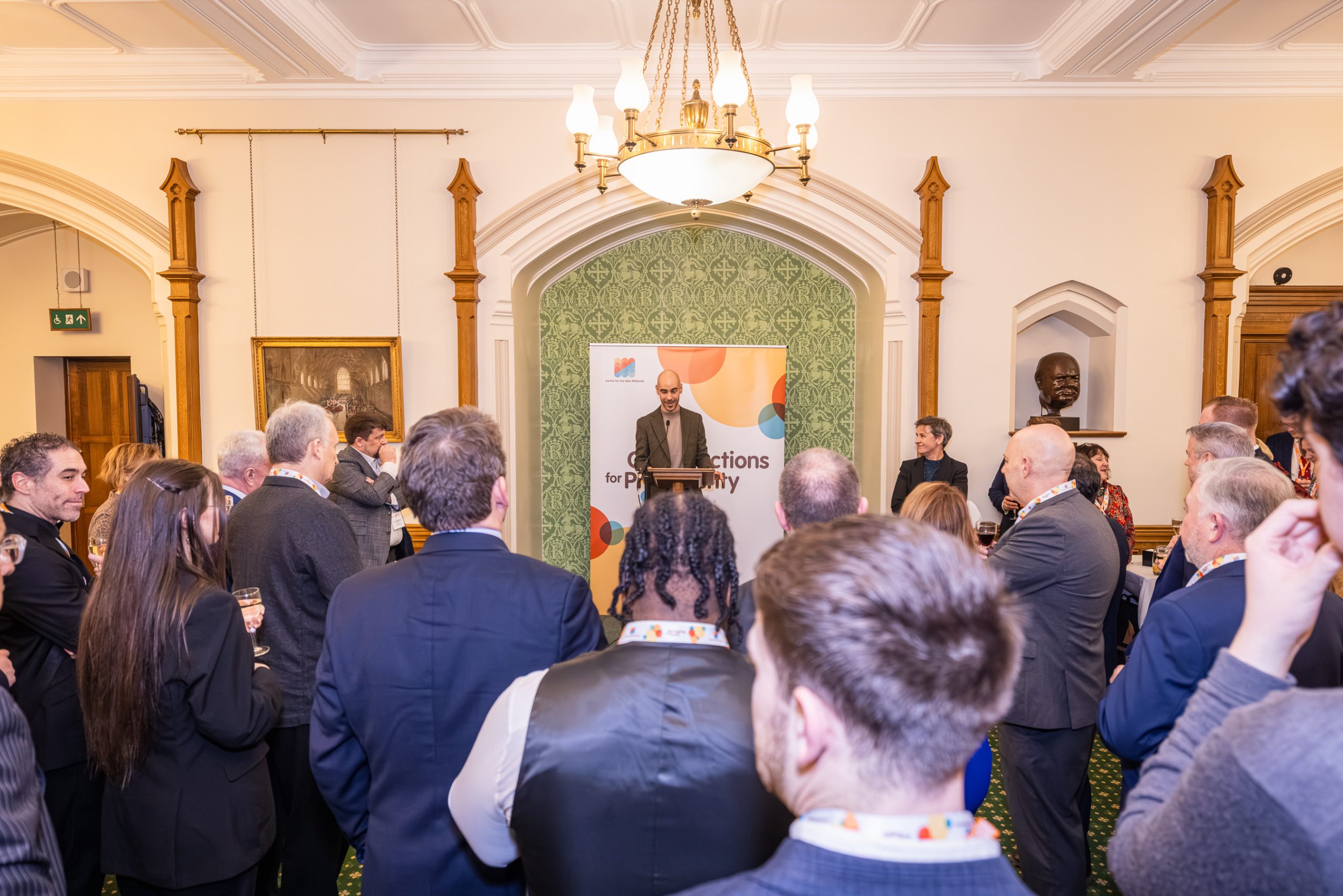In this article, West Midlands–based AI educator and award-winning solopreneur Jacqueline Leake shares her journey from struggling to write authentic digital content to becoming a regional advocate for inclusive, confidence-building AI literacy.
Drawing on her own late-career pivot into AI — recognised at the Women Who Solopreneur Awards — Jacqueline highlights the barriers many small business owners still face: fear, complexity, and a lack of accessible, jargon-free training. Through real examples, including the transformation of a local Xero trainer empowered by a personalised AI assistant, she argues that AI should amplify human expertise, not replace it. Most importantly, she makes a compelling case for why the West Midlands must treat AI literacy as an economic priority, ensuring every business has the tools and confidence to thrive in an AI-enabled future.
(November 2025)
Author’s note: This article was created using the very principles I advocate – voice-noting my thoughts and using AI as a thinking partner to structure ideas whilst maintaining my authentic voice throughout.
The Blinking Cursor of Doom
Every small business owner knows that moment. You’re staring at a blank screen, cursor blinking mockingly, trying to write social media content that doesn’t sound like a corporate press release. You want to share your expertise, engage your audience, sound relatable – but everything you write feels formal, preachy, or simply wrong.
That was me three years ago. Coming from a traditional business background, my natural writing style was corporate-speak. Meanwhile, I watched younger entrepreneurs effortlessly creating content that felt conversational and engaging. The gap between what I knew and how I could express it felt insurmountable.
Then I discovered AI.
Not the Hollywood version that’s going to replace us all, but the practical kind that helped me find my voice. What started as a personal struggle with marketing content has become the foundation of a business transformation that recently earned recognition at the Women Who Solopreneur Awards, where judges noted: “To pivot a business can be tricky but to pull it off at 65 in an area that is associated with gen z is truly impressive.”
But this isn’t just a personal success story. It’s proof of a much larger opportunity – and necessity – for the West Midlands.
The Real Barriers to AI Adoption
When I speak to business groups across the region, I always start with a simple question: “Who’s using ChatGPT or another AI tool?” At a recent Rugby Borough Council business event, about a quarter of hands went up. This aligns with research from Greater Birmingham Chambers of Commerce showing that 25% of West Midlands businesses are already using AI tools, up from 20% the previous year, with most reporting productivity benefits. Yet when I ask, “Who’s curious but hasn’t really started yet?” another quarter responds. “And who’s secretly hoping it all just goes away?” The remaining half, accompanied by nervous laughter.
That laughter tells the real story. It’s not just about technology adoption – it’s about fear, complexity, and a complete lack of accessible training for people who didn’t grow up with smartphones.
The barriers are threefold:
Fear: Will AI replace me? Will it make everything sound robotic? Will I lose control over my business voice? The headlines about deepfakes and
AI-enabled fraud only amplify these anxieties – people aren’t just worried about their business voice, they’re increasingly concerned about distinguishing real from fake in a world where AI can convincingly mimic anyone.
Complexity: The tech world speaks in jargon that excludes rather than includes. Most AI training assumes a level of digital native knowledge that simply doesn’t exist for many business owners.
Lack of Training: Traditional tech training focuses on features and functions rather than practical business applications. It’s taught by people who’ve never struggled with the blinking cursor of doom.
For the West Midlands economy, this isn’t just an individual business problem – it’s a regional competitiveness issue. When a quarter of our small businesses are digitally excluded from tools that could transform their productivity and reach, we’re limiting our economic potential.
Sue’s Transformation: A Case Study in Authentic AI
Sue runs a Xero training business in Tamworth. She’s brilliant at what she does – clients love her warmth, her Brummie accent, her ability to make complex accounting concepts accessible. She’s also dyslexic, which makes marketing content creation particularly challenging.
Before we worked together, Sue’s marketing felt like a constant struggle. She knew what she wanted to say, but couldn’t translate it into engaging content. Her expertise was trapped behind the same blinking cursor that had frustrated me.
We created a custom AI assistant trained specifically on Sue’s brand voice, her ethics, her tone. Most importantly, it understood her target audience and could help her articulate complex concepts in her naturally conversational style. The AI doesn’t write for Sue – it helps her write like Sue.
The transformation was immediate. Sue went from dreading content creation to actually enjoying it. Her engagement rates increased, client inquiries grew, but most importantly, her confidence soared. She wasn’t trying to sound like someone else anymore – the AI helped her sound more like herself.
Recently, Sue excitedly told me that a new client had found her business through a search on ChatGPT – a discovery method that simply didn’t exist a few years ago. This illustrates how AI literacy creates unexpected opportunities beyond just content creation.
This is what AI literacy really means: not replacing human expertise and personality, but amplifying it.
Why Age is an Asset, Not a Barrier
The assumption that AI is a young person’s game is both wrong and economically damaging. At 65, I bring specific advantages to AI training that younger tech experts often lack:
Understanding of barriers: I remember struggling with my first computer, my first mobile phone, my first attempt at social media. I understand the fear and frustration because I’ve lived it.
Patience with learning curves: I don’t expect people to “just get it” immediately. Learning new technology at any age requires time, practice, and often several attempts.
Business context: Life experience matters. I understand the practical pressures of running a small business, managing cash flow, dealing with difficult clients. AI tools need to solve real business problems, not just demonstrate clever features.
Communication without jargon: When you’ve had to explain technology to yourself multiple times, you get better at explaining it to others in plain English.
The judges’ comments about my business pivot highlighted something important: “very focused and not dragged off on a tangent.” This focus comes from experience – knowing what matters and what doesn’t, what’s sustainable and what’s just shiny and new.
The Regional Economic Opportunity
The West Midlands has always been about making things work. From the Industrial Revolution to modern manufacturing, this region succeeds when it takes new technologies and makes them practical, accessible, useful.
AI represents the same opportunity. But only if we approach it inclusively. Imagine if every small business in the region could:
- Create professional marketing content in minutes, not hours
- Turn voice notes into structured proposals
- Automate routine communications whilst maintaining personal touch
- Access the same sophisticated tools as multinational corporations
This isn’t fantasy – it’s happening now, one business at a time. Sue’s success with her Xero training business is just one example. But we need systematic, accessible training programmes that meet people where they are, not where the tech world thinks they should be.
I’m already developing ideas for community-focused AI literacy programmes that would serve both businesses and the wider community. These wouldn’t be technical training sessions but practical workshops that start with real challenges – whether that’s a small business owner struggling with marketing or a community group trying to organise events more efficiently. The goal is to show how AI can help solve these problems whilst building digital confidence across all age groups.
AI isn’t just a glorified copywriter, though that’s how many people first encounter it. At its most powerful, it’s a thinking partner that can help with ideation, planning, problem-solving, and turning scattered thoughts into structured action plans. When Sue creates content now, she’s not just getting help with words – she’s using AI to brainstorm training topics, structure her courses, and even think through complex client scenarios.
The economic impact could be transformative. Small businesses that currently spend 20 hours a week on content creation could reduce that to 5 hours whilst actually improving quality and reach. Time saved on routine tasks could be redirected to strategy, innovation, client relationships – the things that truly drive growth.
Making AI Human
My approach to AI training is built on one fundamental principle: AI should enhance who you are, never replace it.
But I need to be honest about something. When I first started learning about AI, the mantra was always “AI will not replace you. AI is not here to take over your job.” I believed that completely. However, the reality is more complex – it is already happening in some sectors. Customer service is increasingly handled by AI agents, and whilst I don’t believe AI agents are quite ready for widespread deployment yet, they are coming and this will impact businesses.
This is precisely why learning about AI and staying curious about its capabilities is so important now. Not from a place of fear, but from a position of strength. When you understand AI, you have a voice in conversations about how it’s implemented in your workplace or industry. You bring something valuable to the table rather than being left behind by decisions made without your input.
This means:
- Starting with curiosity, not fear
- Focusing on practical applications, not technical features
- Preserving authentic voice and values
- Understanding AI as a thinking partner, not a replacement brain
When I first tried AI tools, my attempts were laughable – very
American-sounding, corporate responses peppered with the dreaded em dashes that bore no resemblance to how I actually communicate.
Everything sounded like it had been written by an overly enthusiastic Silicon Valley marketing department. But I persisted, learned to prompt better, discovered how to train AI on my specific style and needs.
The breakthrough came when I understood the real collaboration ratio. Initially, I thought it was 10% me, 80% AI, 10% me at the end. But as my skills developed, I realised it’s more like 20% of my input at the start – my ideas, context, and direction – then 70% AI assistance in the middle for structure and development, followed by that crucial 10% of me at the end: editing, refining, ensuring it sounds authentically like me, adding the human context and nuance that only I can provide.
This is what I teach: AI as a collaborative tool that helps you think better and express yourself more clearly, not a replacement for thinking altogether.
The Path Forward
The West Midlands has an opportunity to lead on inclusive AI adoption. Not by chasing the latest trends or trying to compete with Silicon Valley, but by doing what this region does best: making new technology work for real people solving real problems.
This requires:
- Training programmes designed for business owners, not tech enthusiasts
- Focus on practical applications rather than technical capabilities
- Understanding that digital inclusion is economic inclusion
- Recognition that experience and wisdom matter just as much as technical knowledge
The alternative is a growing divide between digitally confident businesses and those left behind – not just individual failures, but regional economic disadvantage.
Conclusion: From Cursor to Confidence
Three years ago, I was defeated by a blinking cursor and struggling to find my voice. Today, I’m using AI to help structure my thoughts for this very article, whilst ensuring every word reflects my authentic perspective and experience.
That transformation is available to every business owner willing to approach AI with curiosity rather than fear. The question isn’t whether AI will change how we work – it already has. The question is whether we’ll make that change inclusive and accessible, or allow it to deepen existing inequalities.
The West Midlands has always been about practical innovation. Let’s make AI literacy our next success story – one small business, one authentic voice, one transformed entrepreneur at a time.
Sue’s thriving Xero practice proves it’s possible. My own business transformation demonstrates it’s never too late. Now it’s time to scale that success across the region.
Every business needs its AI champion. Maybe it’s your boss or leader who isn’t sure how to incorporate AI into your organisation. Is this your opportunity to become your business’s AI champion by being curious, by asking for the chance to explore how AI could support the work you do?
After all, if a 65-year-old can pivot into AI and win awards for it, imagine what’s possible when we give everyone the tools and confidence to find their own voice in the digital age.
This is a personal blog post. Any opinions, findings, and conclusion or recommendations expressed in this article are those of the authors and do not necessarily reflect the view of the Centre for the New Midlands or any of our associated organisations/individuals.
ABOUT OUR AUTHOR:
Jacqueline Leake is an AI specialist and business trainer based in the West Midlands. She helps female service-based business owners use AI to save time whilst maintaining their authentic voice. She can be reached at https://jacquelineleake.com/linkedin http://jacquelineleake.com


